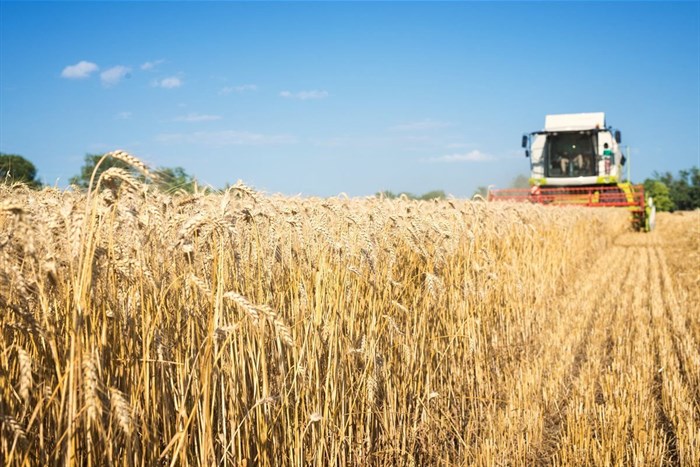






The prices of the 0.05% and the 0.005% grades of diesel dropped by 74 cents and 48 cents per litre respectively from 3 May 2023 which will lower the cost of planting winter crops and harvesting summer grains and oilseeds in the near term.
Additionally, cost reduction will manifest in numerous ways such as the daily distribution of fresh produce, transportation of livestock and meat to markets, and running diesel generators to irrigate crops and maintain cold chains due to load shedding. Further positive news for the agriculture sector is that most international fertiliser prices have come off the 2022 highs with the di-ammonium phosphate (DAP), Urea, and potassium chloride (KCL) prices falling sharply by 33%, 66%, and 66% respectively year-on-year to US$637/ tonne, US$313.38/ tonne, and US$407.50/ tonne.
Further moderation in costs at the farm level coupled with a decline in commodity prices on the back of higher production bodes well for the food inflation which has been at a record high of 14.4% year-on-year recently. The elevated consumer price inflation outcomes prompted the Sarb to embark on an aggressive interest rate tightening cycle thus raising the debt-serving costs for farmers.
We expect food inflation to reverse course in the second half of 2023 which should provide a reprieve for consumers and potentially a pause to rate hikes.